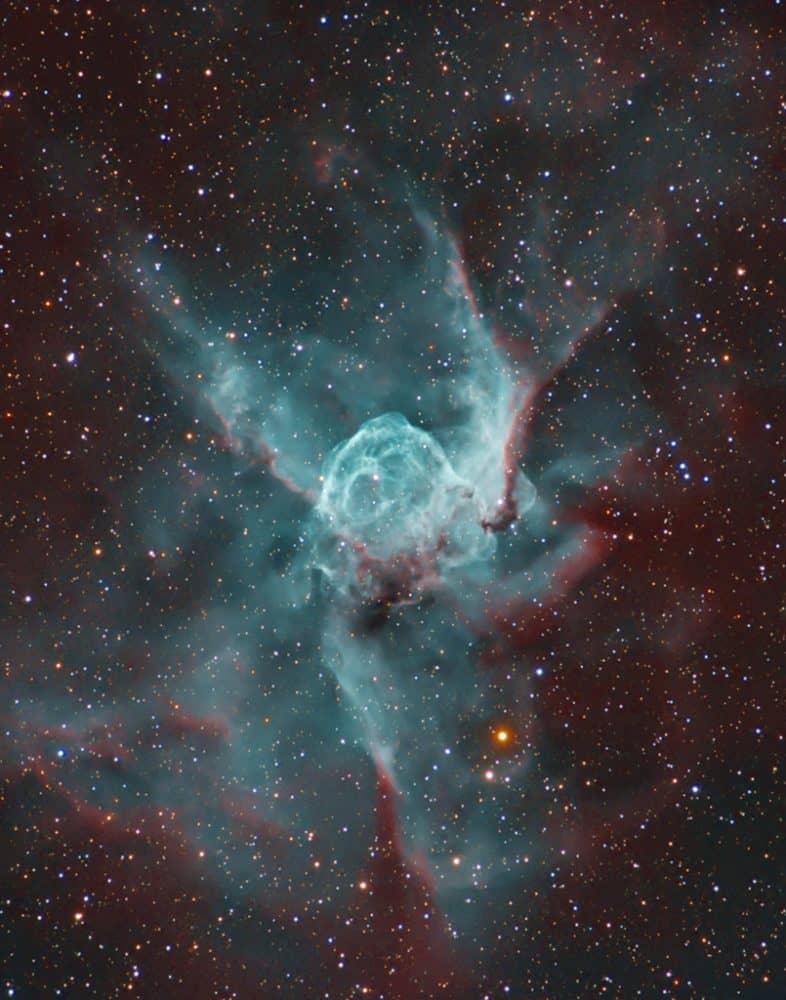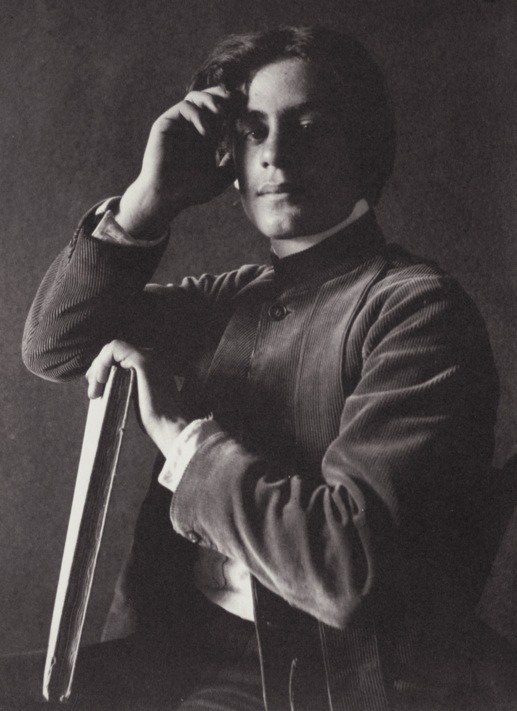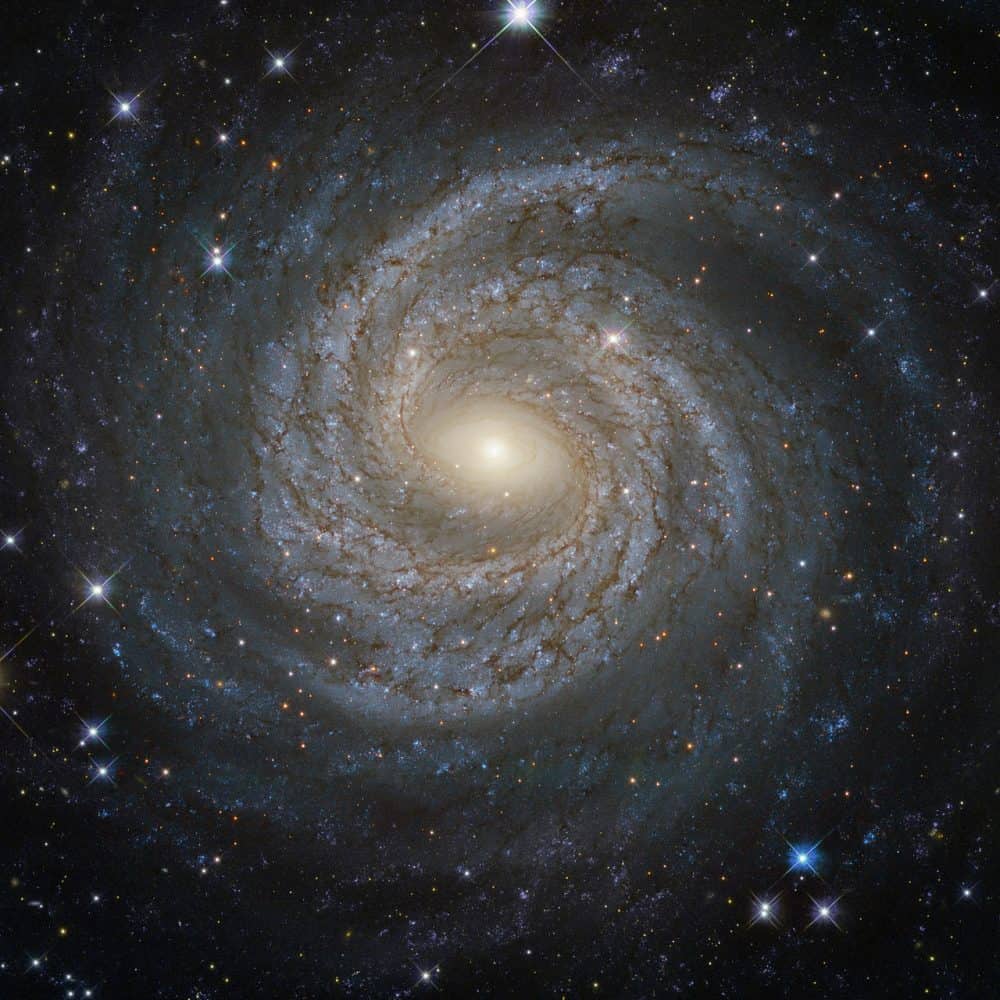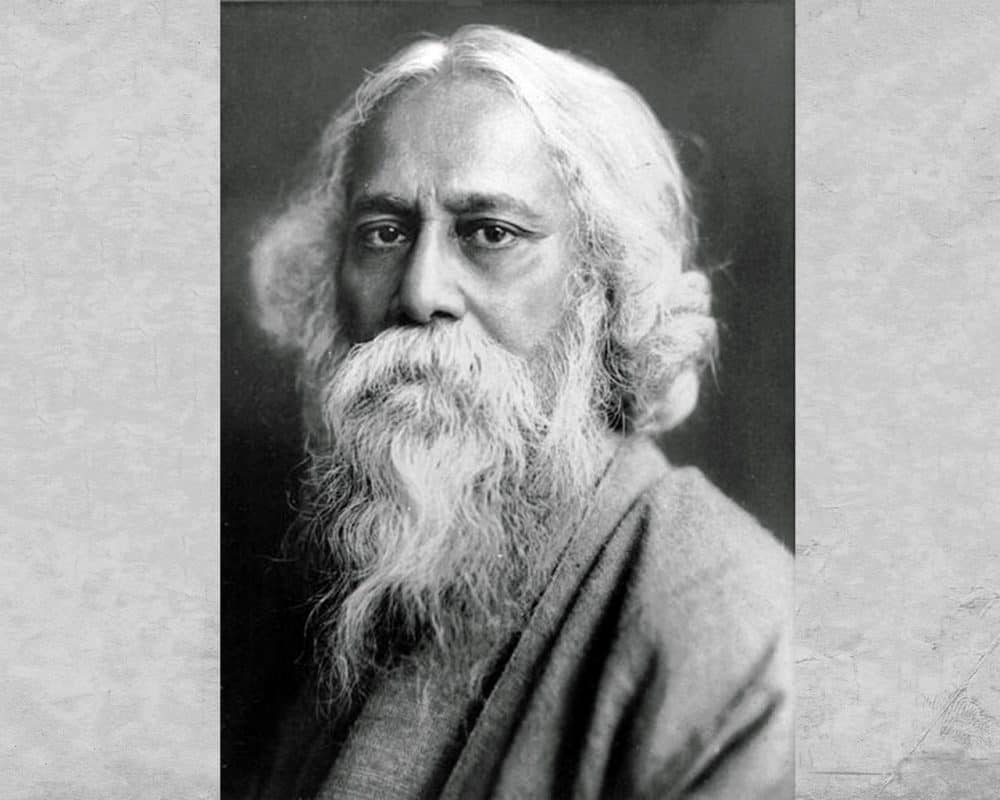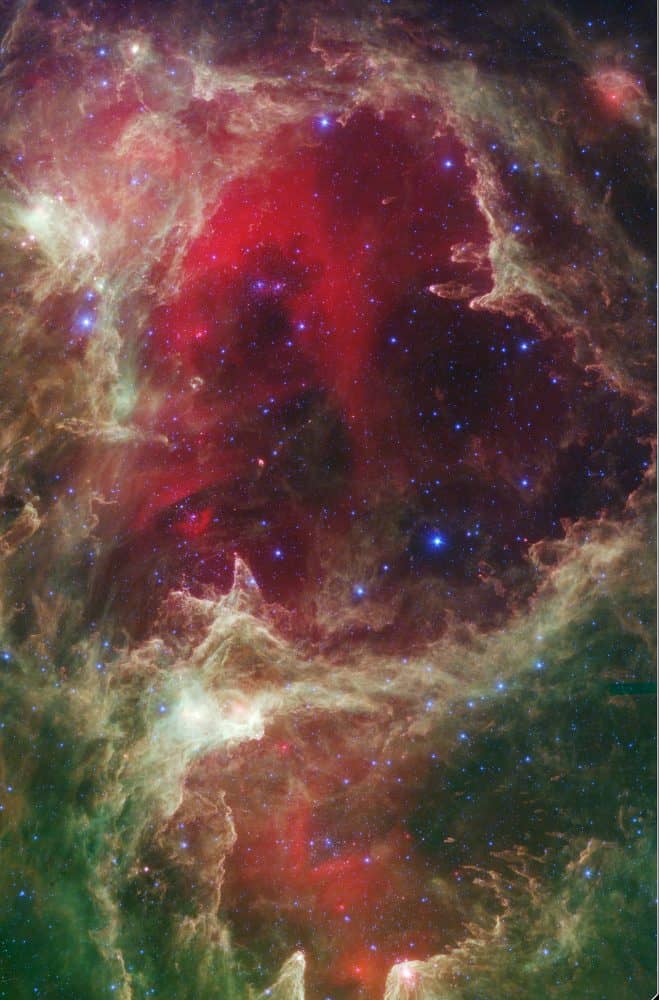Blog
Jeremy Webster “Fred” Frith (born 17 February 1949) is an English multi-instrumentalist, composer, and improvisor.
Probably best known for his guitar work, Frith first came to attention as one of the founding members of the English avant-rock group Henry Cow. He was also a member of the groups Art Bears, Massacre, and Skeleton Crew. He has collaborated with a number of prominent musicians, including Robert Wyatt, Derek Bailey, the Residents, Lol Coxhill, John Zorn, Brian Eno, Mike Patton, Lars Hollmer, Bill Laswell, Iva Bittová, Jad Fair, Kramer, the ARTE Quartett, and Bob Ostertag. He has also composed several long works, including Traffic Continues (1996, performed 1998 by Frith and Ensemble Modern) and Freedom in Fragments (1993, performed 1999 by Rova Saxophone Quartet). Frith produces most of his own music, and has also produced many albums by other musicians, including Curlew, the Muffins, Etron Fou Leloublan, and Orthotonics.
Frith is the subject of Nicolas Humbert and Werner Penzel’s award-winning 1990 documentary Step Across the Border. He also appears in the Canadian documentary Act of God, which is about the metaphysical effects of being struck by lightning. Frith has contributed to a number of music publications, including New Musical Express and Trouser Press, and has conducted improvising workshops across the world. Frith’s career spans over four decades and he appears on over 400 albums. He still performs actively throughout the world.
Currently Frith is Professor of Composition in the Music Department at Mills College in Oakland, California. He lives in the United States with his wife, German photographer Heike Liss, and their children, Finn Liss (born 1991) and Lucia Liss (born 1994).
Frith was awarded the 2008 Demetrio Stratos Prize for his career achievements in experimental music. The prize was established in 2005 in honour of experimental vocalist Demetrio Stratos, of the Italian group Area, who died in 1979. In 2010 Frith received an honorary doctorate from the University of Huddersfield in West Yorkshire, England in recognition of his contribution to music.
Frith is the brother of Simon Frith, a music critic and sociologist, and Chris Frith, a psychologist at University College London.
more...Noble “Thin Man” Watts (February 17, 1926 – August 24, 2004) was an American blues, jump blues and rhythm and blues saxophonist. He primarily played tenor saxophone. The AllMusic journalist, Bill Dahl, considered Watts “one of the most incendiary […] fire-breathing tenor sax honkers” of the 1950s.
https://www.youtube.com/watch?v=bj0iXWLZJgU
more...https://www.youtube.com/watch?v=U70PmL97wss
more...NGC 2359 is a helmet-shaped cosmic cloud with wing-like appendages popularly called Thor’s Helmet. Heroically sized even for a Norse god, Thor’s Helmet is about 30 light-years across. In fact, the helmet is more like an interstellar bubble, blown as a fast wind from the bright, massive star near the bubble’s center inflates a region within the surrounding molecular cloud. Known as a Wolf-Rayet star, the central star is an extremely hot giant thought to be in a brief, pre-supernova stage of evolution. NGC 2359 is located about 15,000 light-years away in the constellation Canis Major. The remarkably detailed image is a mixed cocktail of data from broadband and narrowband filters that captures natural looking stars and the glow of the nebula’s filamentary structures. It highlights a blue-green color from strong emission due to oxygen atoms in the glowing gas.
more...William Ballard Doggett (February 16, 1916 – November 13, 1996) was an American jazz and rhythm and blues pianist and organist. He is best known for his compositions “Honky Tonk” and “Hippy Dippy”, and variously working with the Ink Spots, Johnny Otis, Wynonie Harris, Ella Fitzgerald, and Louis Jordan.
Doggett later sold his band to Lucky Millinder, and worked during the 1930s and early 1940s for Millinder, Frank Fairfax and arranger Jimmy Mundy. In 1942 he was hired as the Ink Spots‘ pianist and arranger.
more...Machito (born Francisco Raúl Gutiérrez Grillo, February 16, 1908 – April 19, 1984) was a Latin jazz musician who helped refine Afro-Cuban jazz and create both Cubop and salsa music. He was raised in Havana with the singer Graciela, his foster sister.
In New York City, Machito formed the band the Afro-Cubans in 1940, and with Mario Bauzá as musical director, brought together Cuban rhythms and big band arrangements in one group. He made numerous recordings from the 1940s to the 1980s, many with Graciela as singer. Machito changed to a smaller ensemble format in 1975, touring Europe extensively. He brought his son and daughter into the band, and received a Grammy Award in 1983, one year before he died.
Machito’s music had an effect on the lives of many musicians who played in the Afro-Cubans over the years, and on those who were attracted to Latin jazz after hearing him. George Shearing, Dizzy Gillespie, Charlie Parker and Stan Kenton credited Machito as an influence. An intersection in East Harlem is named “Machito Square” in his honor.
more...https://www.youtube.com/watch?v=hU9Xwz_WFh8
more...“Love is the only freedom in the world because it so elevates the spirit that the laws of humanity and the phenomena of nature do not alter its course.”
―
more...Spiral galaxies together with irregular galaxies make up approximately 60% of the galaxies in the local Universe. However, despite their prevalence, each spiral galaxy is unique — like snowflakes, no two are alike. This is demonstrated by the striking face-on spiral galaxy NGC 6814, whose luminous nucleus and spectacular sweeping arms, rippled with an intricate pattern of dark dust, are captured in this NASA/ESA Hubble Space Telescope image.
NGC 6814 has an extremely bright nucleus, a telltale sign that the galaxy is a Seyfert galaxy. These galaxies have very active centres that can emit strong bursts of radiation. The luminous heart of NGC 6814 is a highly variable source of X-ray radiation, causing scientists to suspect that it hosts a supermassive black hole with a mass about 18 million times that of the Sun.
As NGC 6814 is a very active galaxy, many regions of ionised gas are studded along its spiral arms. In these large clouds of gas, a burst of star formation has recently taken place, forging the brilliant blue stars that are visible scattered throughout the galaxy.
more...Henry Threadgill (born February 15, 1944) is an American composer, saxophonist and flautist.[1] He came to prominence in the 1970s leading ensembles rooted in jazz but with unusual instrumentation and often incorporating other genres of music. He has performed and recorded with several ensembles: Air, Aggregation Orb, Make a Move, the seven-piece Henry Threadgill Sextett, the twenty-piece Society Situation Dance Band, Very Very Circus, X-75, and Zooid.
He was awarded the 2016 Pulitzer Prize for Music for his album In for a Penny, In for a Pound,[2] which premiered at Roulette Intermedium on December 4, 201
Threadgill performed as a percussionist in his high-school marching band before taking up baritone saxophone, alto saxophone, and flute. He studied at the American Conservatory of Musicin Chicago, majoring in piano, flute, and composition. He studied piano with Gail Quillman and composition with Stella Roberts. He was an original member of the Association for the Advancement of Creative Musicians (AACM) in his hometown of Chicago and worked under the guidance of Muhal Richard Abrams before leaving to tour with a gospel band. In 1967, he enlisted in the U.S. Army, playing with a rock band in Vietnam in 1967 and 1968. He was discharged in 1969.
more...Harold Arlen (born Hyman Arluck; February 15, 1905 – April 23, 1986) was an American composer of popular music who composed over 500 songs, a number of which have become known worldwide. In addition to composing the songs for the 1939 film The Wizard of Oz (lyrics by Yip Harburg), including the classic “Over the Rainbow“, Arlen is a highly regarded contributor to the Great American Songbook. “Over the Rainbow” was voted the 20th century’s No. 1 song by the Recording Industry Association of America (RIAA) and the National Endowment for the Arts (NEA).
Arlen was born in Buffalo, New York, United States, the child of a cantor. His twin brother died the next day. He learned to play the piano as a youth, and formed a band as a young man. He achieved some local success as a pianist and singer before moving to New York City in his early twenties, where he worked as an accompanist in vaudeville and changed his name to Harold Arlen. Between 1926 and about 1934, Arlen appeared occasionally as a band vocalist on records by The Buffalodians, Red Nichols, Joe Venuti, Leo Reisman, and Eddie Duchin, usually singing his own compositions.
more...World Music on Flamenco Fridays featuring Tarantas. Tarantas and Taranto are two related styles (palos) of Flamenco music, that originated in the Andalusian province of Almería. Each is characterized by a shared modality (F-sharp Phrygian) and harmonic progression (Bm – A7 – G – F-sharp), but differ significantly with respect to rhythm and meter. Tarantas is a cante libre (or toque libre, if played as a solo), meaning that it lacks both a regular rhythmic pattern (compás, in flamenco terminology) and a regular rhythmic unit (or beat). It can be sung or played, but not danced. Taranto, conversely, has a regular 2/4 meter, and is danceable. When played on, or accompanied by, the guitar, both palos have a unique and characteristic sound that is created, in part, by dissonances that result from the use of the guitar’s first three open strings (E, B, and G, respectively), in combination with harmonies and melodies based on the F-sharp Phrygian mode.
more...Westerhout 5 (Sharpless 2-199, LBN 667, Soul Nebula) is an emission nebula located in Cassiopeia. Several small open clusters are embedded in the nebula: CR 34, 632, and 634 (in the head) and IC 1848 (in the body). The object is more commonly called by the cluster designation IC 1848.
Small emission nebula IC 1871 is present just left of the top of the head, and small emission nebulae 670 and 669 are just below the lower back area.
The galaxies Maffei 1 and Maffei 2 are both nearby the nebula, although light extinction from the Milky Way makes them very hard to see. Once thought to be part of the Local Group, they are now known to belong to their own group- the IC 342/Maffei Group.
This complex is the eastern neighbor of IC1805 (Heart Nebula) and the two are often mentioned together as the “Heart and Soul”.
more...Timothy Charles Buckley III (February 14, 1947 – June 29, 1975) was an American singer-songwriter and guitarist. His music and style changed considerably through the years; he began his career based in folk music, but his subsequent albums experimented with jazz, psychedelia, funk, soul, the avant-garde and an evolving “voice as instrument” sound. Though he did not find commercial success during his lifetime, Buckley is admired by later generations for his innovation as a musician and his vocal ability. He died at the age of 28 from a heroin overdose, leaving behind his sons Taylor and Jeff Buckley, the latter of whom went on to become a musician as well.
More Posts
- Anthony Braxton Day
- Oliver Nelson Day
- World Music with Vusa Mkhaya
- Daily Roots with Tiken Jah Fakoly
- Music for Surviving the Pandemic
- The Cosmos with Westerlund 2
- Curtis Mayfield Day
- Theodore Curson Day
- Jimmy Rogers Day
- Josephine Baker Day
- World Music with Chalo Correia
- Daily Roots with Junior Marvin
- Music for Surviving the Pandemic
- The Cosmos with NGC 3521
- Ilaiyaraaja Day
- Charlie Watts Day
- Valaida Snow Day
- World Music with Trad.Attack!
- Daily Roots with Black Roots
- Music for Surviving the Pandemic

